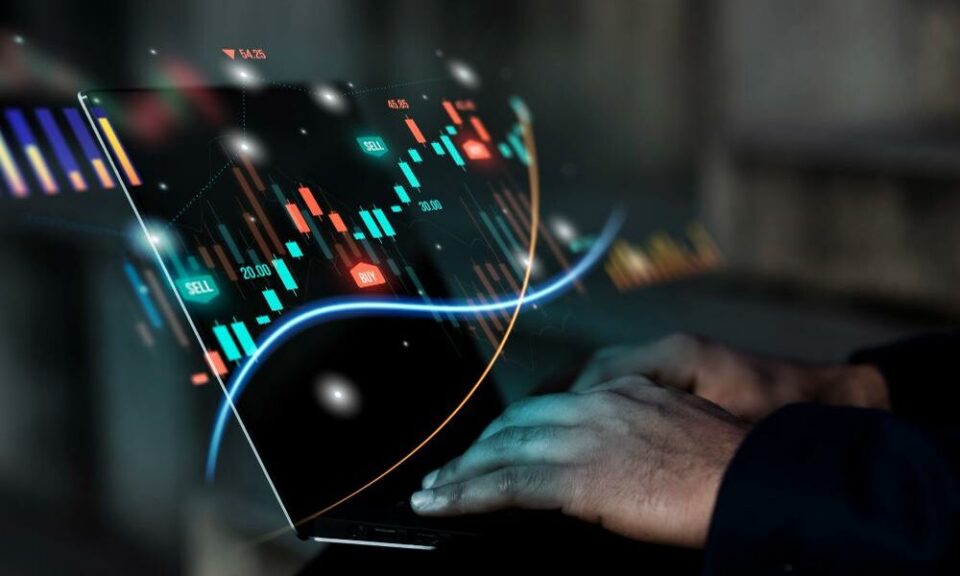Algorithmic trading, also known as automated trading or black-box trading, has revolutionized the financial markets in recent years. It involves the use of computer algorithms to execute trades at high speeds, leveraging advanced mathematical models and data analysis. One of the key components driving the success of algorithmic trading is the integration of artificial intelligence (AI) and machine learning techniques.
The Rise of AI in Trading
AI has become an integral part of trading strategies due to its ability to process vast amounts of data and identify patterns that are not easily detectable by human traders. Machine learning algorithms, a subset of AI, enable computers to learn from historical data and make predictions or decisions without being explicitly programmed.
With the advancements in computing power and access to big data, AI has transformed the trading landscape. It has the capability to analyze market trends, news sentiment, company financials, and other relevant factors that impact asset prices. By processing this information in real-time, AI-powered algorithms can identify potential trading opportunities and execute trades with precision and speed.
The Benefits of AI in Trading Strategies
AI-driven trading strategies offer several advantages over traditional manual trading:
- Speed and Efficiency: AI algorithms can analyze data and execute trades in milliseconds, enabling traders to take advantage of even the slightest market inefficiencies.
- Reduced Emotional Bias: Unlike human traders, AI-based systems are not influenced by emotions such as fear or greed, leading to more objective decision-making.
- Improved Risk Management: AI algorithms can continuously analyze market conditions and adjust trading strategies accordingly, helping to minimize risks and maximize returns.
- Scalability: AI-powered systems can handle large volumes of data and trade across multiple markets simultaneously, allowing for scalability in trading operations.
The Role of Machine Learning in Trading Strategies
Machine learning, a subset of AI, plays a crucial role in developing effective trading strategies. By analyzing historical data, machine learning algorithms can identify patterns and relationships that can be used to predict future market movements.
Supervised learning algorithms can be trained on historical price data and corresponding indicators to learn patterns and develop predictive models. Unsupervised learning algorithms, on the other hand, can identify hidden patterns and relationships in the data without any predefined labels. Reinforcement learning algorithms can optimize trading strategies by learning from trial and error.
By combining these machine learning techniques with real-time market data, AI-powered trading systems can adapt to changing market conditions and improve their performance over time.
The Future of Algorithmic Trading
The use of AI and machine learning in trading strategies is expected to continue growing in the future. Advancements in technologies such as natural language processing, deep learning, and neural networks will further enhance the capabilities of AI-powered trading systems.
However, it’s important to note that algorithmic trading is not without risks. The reliance on historical data and complex models can lead to unforeseen errors and market anomalies. Proper risk management and continuous monitoring are essential to ensure the stability and profitability of algorithmic trading strategies.
AI and machine learning have revolutionized algorithmic trading by enabling traders to analyze vast amounts of data and make informed decisions in real-time. The integration of these technologies has led to increased speed, efficiency, and objectivity in trading strategies. As technology continues to advance, the role of AI in trading is likely to expand, shaping the future of financial markets.

